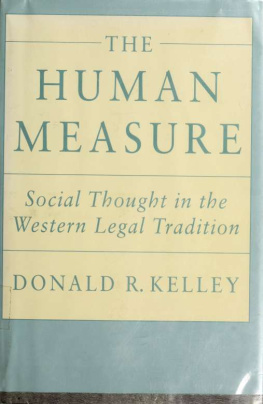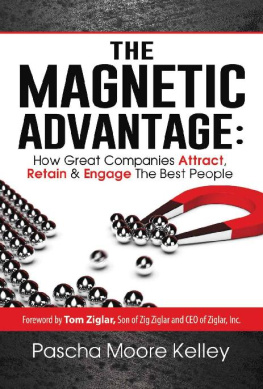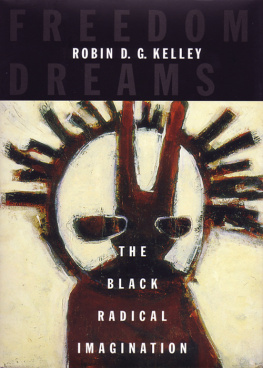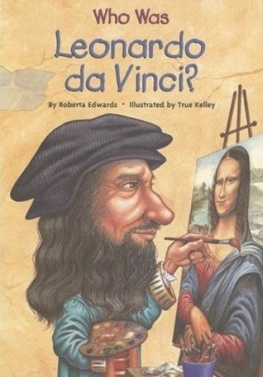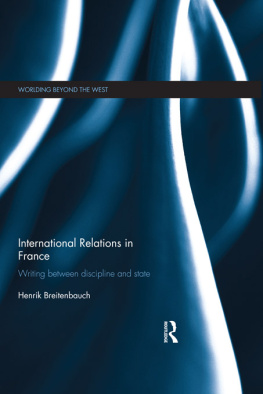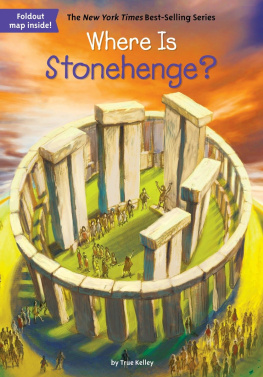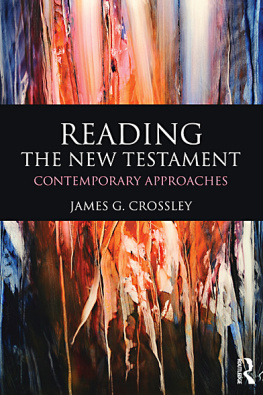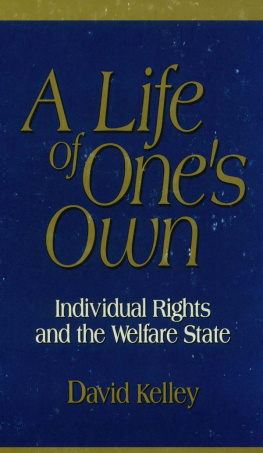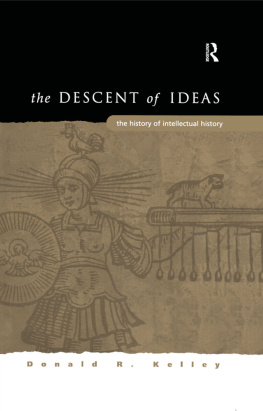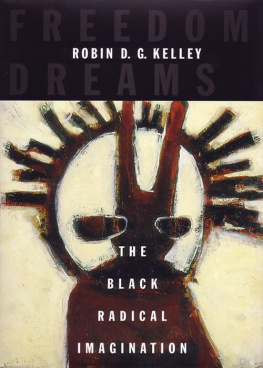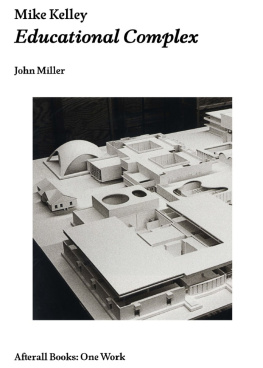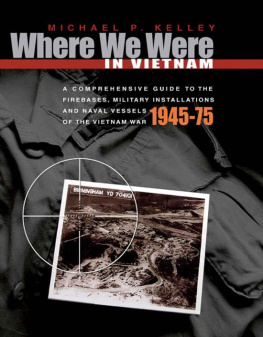Fortunes of History
Fortunes of History
HISTORICAL INQUIRY FROM HERDER TO HUIZINGA
DONALD R. KELLEY

Published with assistance from the Louis Stern Memorial Fund.
Copyright 2003 by Yale University. All rights reserved. This book may not be reproduced, in whole or in part, including illustrations, in any form (beyond that copying permitted by Sections 107 and 108 of the U.S. Copyright Law and except by reviewers for the public press), without written permission from the publishers.
Set in Sabon type by Keystone Typesetting, Inc.
Printed in the United States of America by Sheridan Books, Ann Arbor, Michigan
Library of Congress Cataloging-in-Publication Data Kelley, Donald R., 1931
Fortunes of history : historical inquiry from Herder to Huizinga / Donald R. Kelley.
p. cm.
Includes bibliographical references and index.
ISBN 0-300-09578-3 (hard cover : alk. paper)
1. History Research. 2. History Philosophy. 3. Historians Europe. 4. History Methodology. 5. Historiography. 6. Literature and history. I. Title.
DI6 .K 26 2003
901 dc21
2002153368
A catalogue record for this book is available from the British Library.
The paper in this book meets the guidelines for permanence and durability of the Committee on Production Guidelines for Book Longevity of the Council on Library Resources.
10 9 8 7 6 5 4 3 2 1
For Bonnie, who has accompanied me on these and many
other adventures, past and present, near and far, then and now
Contents
Preface
The great point is the history of history.
Lord Acton
If science begins with wonder, history begins with curiosity not what, how, and why so much as who, where, and how long ago? History is the term we give to practices and associated theories traceable back, with extraordinary semantic continuity, to the pioneering contributions of Herodotus to the study of humanitys past. In a more general sense, it is true, the word applies to descriptive prose on almost any subject, and it was often kept separate from antiquities and matters of the deep past (natural history); yet the dominant meaning has become attached to inquiries into human actions and creations of ages gone byto happenings and antiquities recorded since. This was the premise of my earlier book, Faces of History: Historical Inquiry from Herodotus to Herder, where, in a long perspective, in which remote objects tend to lose distinctness, I surveyed the earlier stages of historical inquiry through the conceit of two faces namely, Herodotus and Thucydides, who directed their gazes, respectively, to a deep and mysterious cultural past and to the immediate background of a problematic political present. This is a gross oversimplification, of course, for an understanding of the accomplishments of these two early explorers as they really were, but less so for their posthumous history, that is, their later reception (fortuna the ancients called it), in which they indeed came to offer models for later authors, who, consciously or not, carried on similar lines of inquiry and, deliberately or not, helped fashion, in this same long perspective, a genre, an art, a science, a discipline, and a profession. In this perspective they become one of us.
In my earlier book I spoke of two faces, but I probably should have acknowledged at least one more, appearing later in the form of a story of a people, republic, church, or nation, as in the works of Livy, Josephus, Euse-bius, and the barbarian historians; for these became even more powerful models, especially in the ages of modern nation-building, nation-expanding, and nation-inventing. In the wake of the histories of these essentialist constructs, history expanded into many areas of human activity, including the history of literature, philosophy, science, art, culture or civilization, history itself, and countless other fields and subfields within the encyclopedia of human knowledge, and inspired a new field (also with ancient roots), the philosophy of history. With the emergence and proliferation of branches of historical study came also the so-called auxiliary sciences of history, including geography, chronology, paleography, diplomatics, numismatics, sphragistics, archeology, and other critical methods designed to gain access to sources of historical inquiry and to assist in interpretation. As a result of these developments history came to be regarded in modern times less as an art or a science than a method applicable to all areas of human endeavor a foundational view according to which history, like philosophy and literature, could sweep all other disciplines into its intellectual orbit and, from a certain point of view, subsume them.
Discussions of history down to the eighteenth century were heavy with rhetorical convention not only the famous Ciceronian topoi celebrating history as the messenger of antiquity, mistress of life, etc., but also the old tag of Dionysius of Halicarnassus, which was repeated by Bolingbroke and many others, that history was philosophy teaching by example. Another, conceptually related, commonplace was the distinction between history, which dealt with the individual, and philosophy, which dealt with the general. Other incarnations of this duality were Meineckes definition of historicism as a combination of the principles of individuality and development, in contrast with philosophical approaches, and Windelbands distinctions between idiographic and nomothetic methods. The two faces of history, Thucydidean and Herodotean, political and cultural, seemed to be replicated in a modern polemical context in the later nineteenth century in the Methodenstreit between the state-oriented disciples of Ranke and the upstart field of cultural history associated with Karl Lamprecht, a debate that has echoed over the past century. These persistent, or revived, dualities all helped give definition and structure to the practice, theory, and methods of history at our end of a tradition covering two and a half millennia.
Paradoxical efforts of historians to be new while looking back to a historical process are at once illuminating (the locus classicus of Cicero) and burdensome (the locus modernus, or postmodernus, of Nietzsche). Periodically, historians have laid claim to novelty, most famously in the sixteenth, eighteenth, and nineteenth centuries, and then more insistently in the early (and again in the late) twentieth century. There were good arguments for all of these innovationist movements, but there was also a danger that in superseding the defective old for the improved new product, the historians office of understanding and indeed historicizing the background, forestructures, and semantic inheritance of his or her own condition might be forgotten. No doubt all history is present history, as Croce taught, but the reverse is also the case; and whatever strategies philosophers adopt, historians should not begin by suppressing undesirable memories in the name of better method. The dwarves-and-giants metaphor has not lost its relevance; and while the relationship between writers and their forebears may be uncomfortable, undesirable, or even (pace Harold Bloom) pathological, it is better to be aware of our disciplinary ancestors even if we want to repudiate them. One of the major problems with appreciating the study of history in these later times is the sheer quantity of materials the vast amount of raw and half-digested scholarship and monographic works as well as the large number of multivolume masterpieces, or intended masterpieces, and life works which, in some cases, had considerable literary and intellectual impact even though their fame and fortune often did not survive their age. Intellectual quality aside, the phenomenon of historians repeating the work of others, whether in the spirit of imitation, discipleship, or plagiarism, has condemned the vast majority of these publications to obsolescence and then oblivion. Yet some of these works were immensely influential and popular, rivaling novels and poems in the Romantic and Victorian ages. The authors of these historiographical creations deserve better, and I have tried to give notice to some of these forgotten creations of the Herodoto-Thucydidean community which transcend (we might like to think) the more recent flow of fashion and novelty.
Next page


